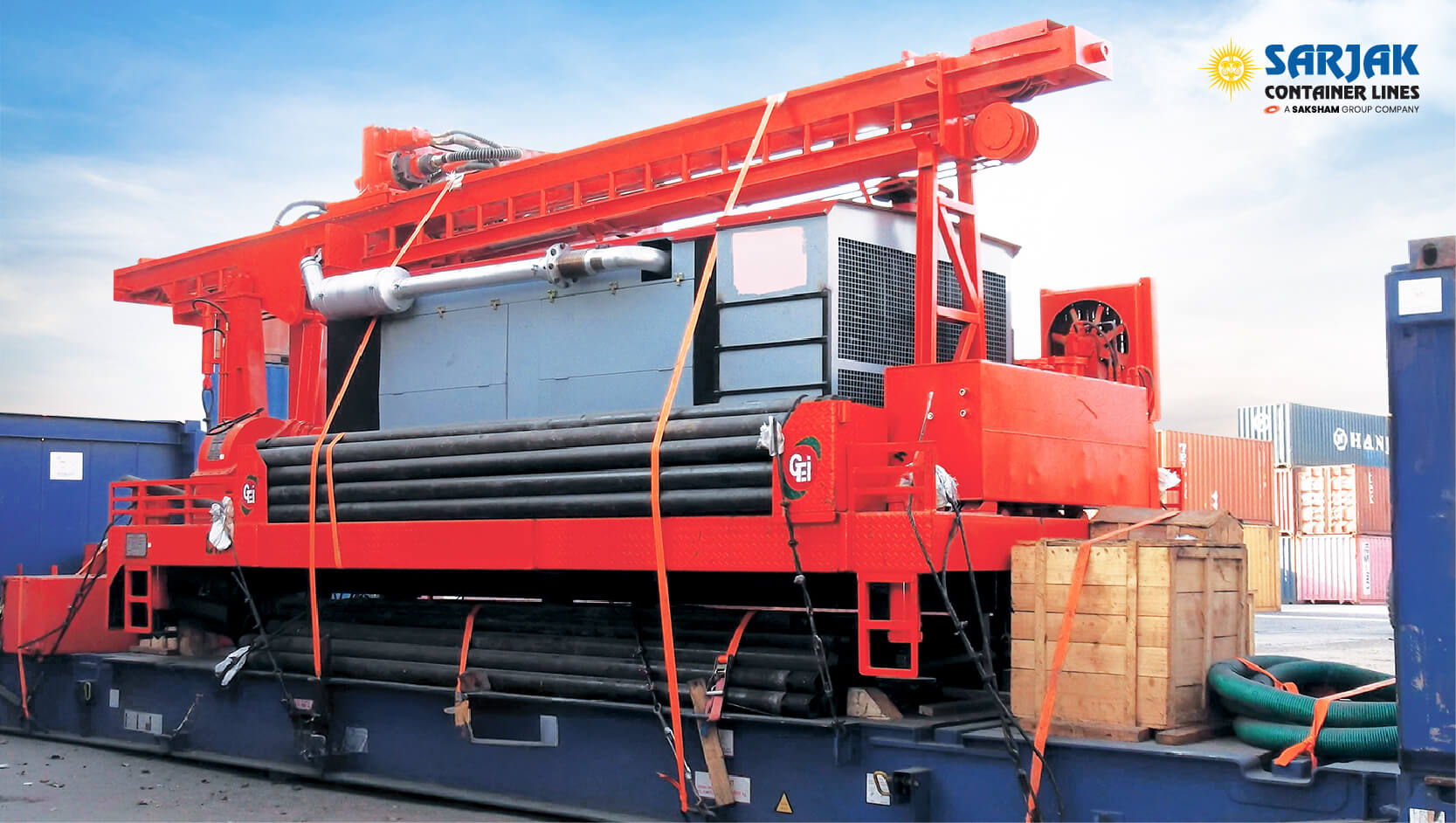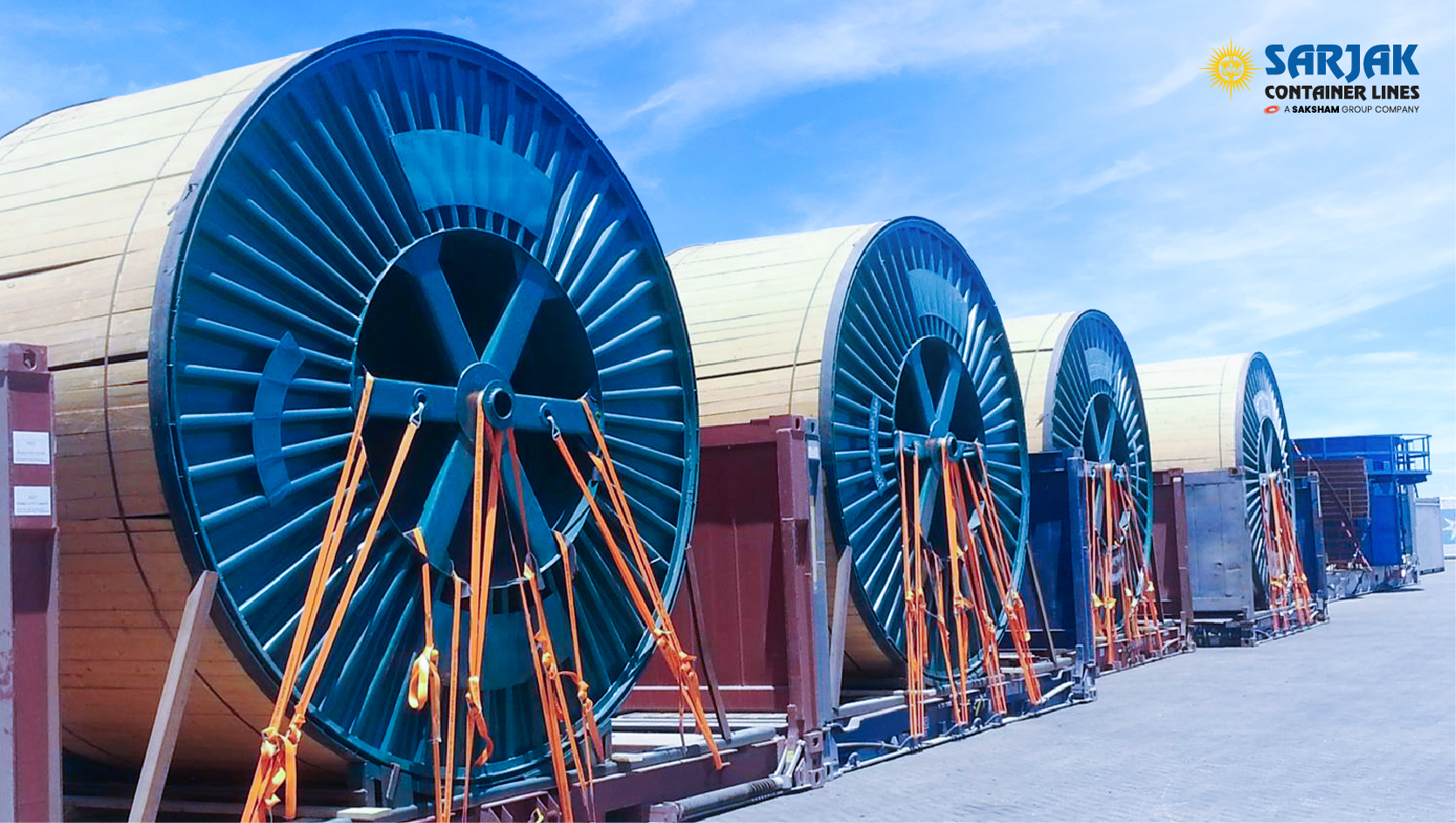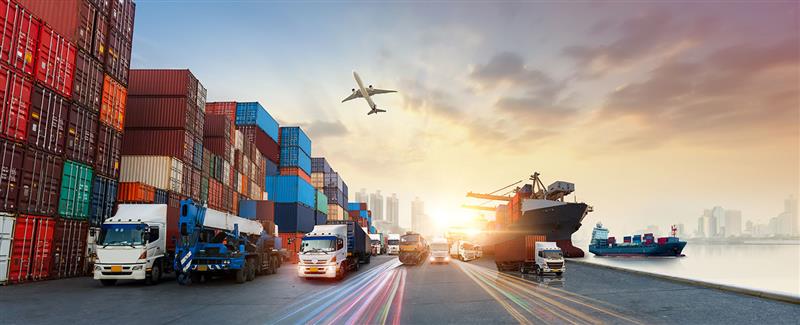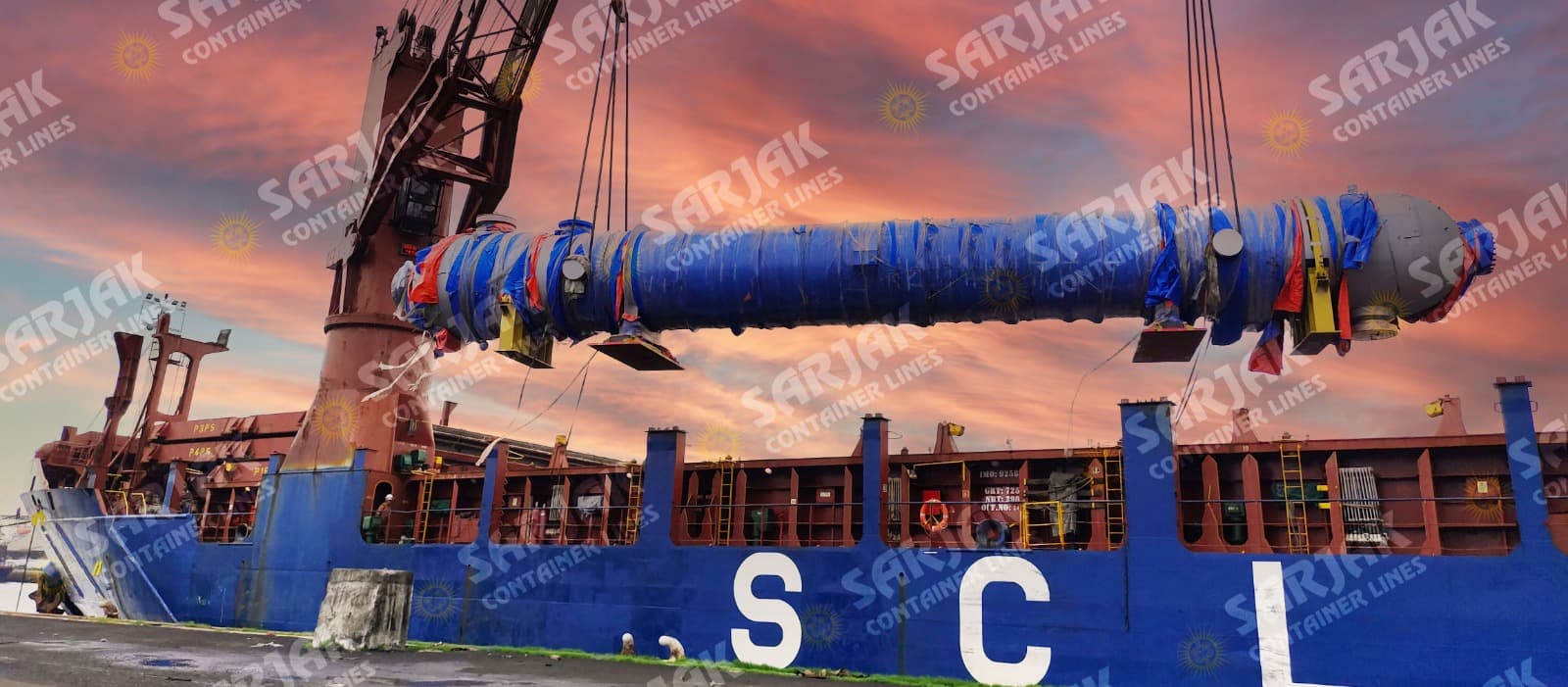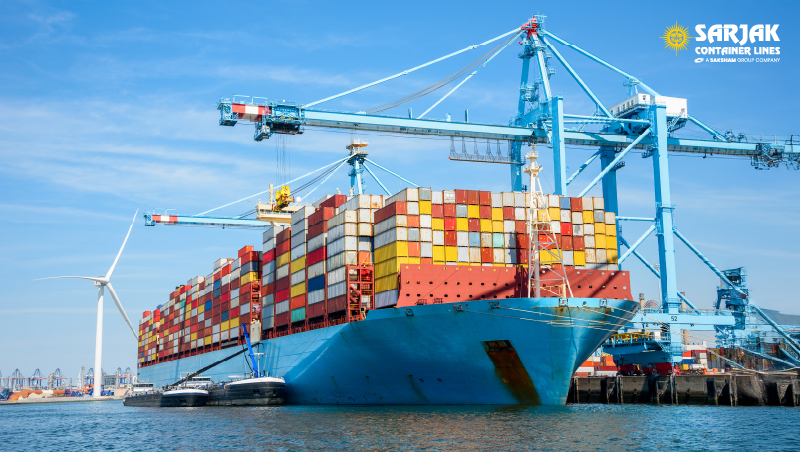Table of Contents |
According to the World Trade Organization, over 80% of global merchandise trade by volume is carried by sea. Amid this ocean of commerce, Non-Vessel Operating Common Carriers (NVOCCs) are silently driving efficiency, flexibility, and cost-effectiveness in the complex network of global shipping.
Despite not owning a vessel, NVOCCs have become indispensable players in the logistics ecosystem, especially for small and medium-sized enterprises looking to grow across borders.
In this blog, we break down the concept of NVOCCs, how they function, and why they are so crucial in today’s global freight environment.
What is an NVOCC?
An NVOCC, or Non-Vessel Operating Common Carrier, is a licensed logistics provider that offers ocean freight services without owning or operating vessels. Think of them as the orchestrators of the maritime logistics symphony; they book space with vessel-operating carriers, consolidate shipments, issue their own House Bills of Lading (HBL), and often provide end-to-end logistics solutions to clients.
In simpler terms, NVOCC shipping companies act as carriers to shippers and as shippers to carriers.
The Key Role of an NVOCC in Global Logistics
While global shipping may appear to be the domain of massive fleets and ports, it’s the NVOCCs who enable access to these networks for businesses of all sizes. Their role includes:
- Booking cargo space on behalf of clients
- Issuing the HBL, which serves as a legal contract of carriage
- Consolidating cargo for cost-effective shipping
- Coordinating inland transport and customs clearance
- Acting as a single point of contact for multi-modal shipments
This level of service ensures a smooth, predictable experience for businesses that may otherwise find ocean freight a logistical nightmare.
How NVOCCs Differ from VOCCs and Freight Forwarders
It’s easy to confuse NVOCCs, VOCCs (Vessel Operating Common Carriers), and freight forwarders, but their functions differ in several important ways. Below is a comparison:
| Aspect | NVOCC | VOCC | Freight Forwarder |
| Owns Vessels | ❌ No | ✅ Yes | ❌ No |
| Issues House B/L | ✅ Yes | ✅ Yes | ❌ (Uses VOCC or NVOCC B/L) |
| Role | Carrier to shipper; leases space from VOCC | Carrier- transports cargo by sea | Logistics coordinator; arranges transport and documents |
| Regulatory Status | Licensed by FMC or national bodies | Regulated carrier | May require licensing based on jurisdiction |
| Specialisation | Ocean freight & container consolidation | Vessel operations & port logistics | Multimodal, including land/air/sea logistics |
Core Services Provided by NVOCCs
NVOCC shipping companies typically provide a robust suite of services. These include:
1. Tariff Management
They publish their own tariffs and manage rate negotiations with multiple shipping lines, ensuring competitive pricing.
2. Cargo Consolidation
Combining multiple shipments into one FCL (full-container-load) reduces costs for small and medium exporters.
3. Issuance of House Bill of Lading
This serves as a legal document and proof of shipment, offering flexibility and clarity for all parties involved.
4. End-to-End Coordination
From booking containers to customs documentation and inland haulage, NVOCCs handle logistics across the full journey.
Benefits of Partnering with an NVOCC
Whether you’re a startup exporting small quantities or a seasoned trader expanding globally, NVOCCs offer multiple advantages:
✅ Cost Efficiency
They purchase container space in bulk and pass on those discounted rates to customers.
✅ Flexibility in Shipment Size
You don’t need to fill a container. Consolidation services let you ship on-demand.
✅ Simplified Process
One partner manages everything—from documentation and customs to freight and delivery.
✅ Personalised Support
Unlike large carriers, NVOCCs often offer tailored service and faster resolution of issues.
✅ Better Access to Trade Lanes
With established contracts with multiple VOCCs, NVOCCs can offer a wide network of port pairings and sailings.
NVOCC Licensing and Compliance: Why It Matters
Compliance is crucial in global logistics. In the U.S., all NVOCCs must register with the Federal Maritime Commission (FMC) and post a financial surety bond (typically $75,000 for U.S.-based companies).
For Indian NVOCCs eyeing international expansion, especially to the U.S. or EU, working with an FMC-licensed partner enhances trust and legal standing.
Regulatory compliance ensures:- Financial accountability
- Transparent documentation
- Reduced risk of shipment delays or legal disputes
Partnering with a compliant NVOCC means peace of mind and smoother operations across borders.
Conclusion: The Smart Choice for Global Freight Success
As international trade continues to evolve, Non-Vessel Operating Common Carriers are proving to be the logistical linchpins of the modern supply chain. By making global freight more accessible, affordable, and manageable, NVOCCs empower businesses of every size to thrive in the competitive world of commerce.
Whether you’re an SME exploring new markets or a seasoned exporter looking to streamline operations, the value of a reliable NVOCC partner cannot be overstated.
If you want to learn more about Sarjak Container Lines or enquire for your next project, you can connect with us at projects@sarjak.com.

